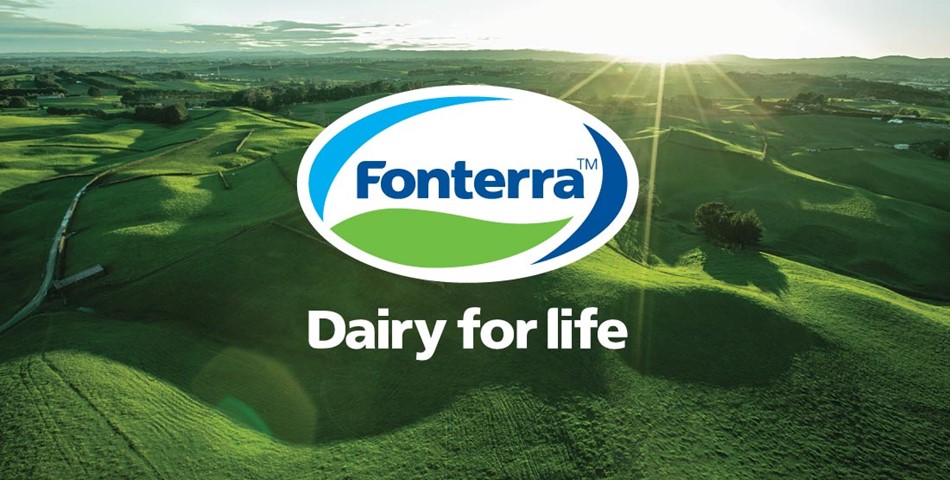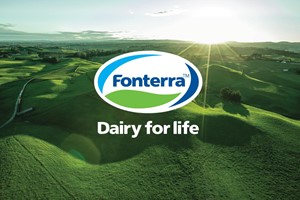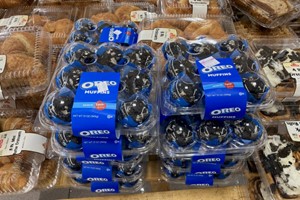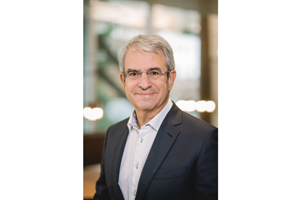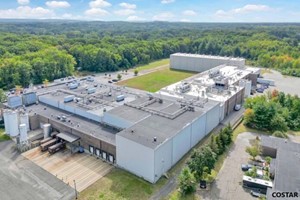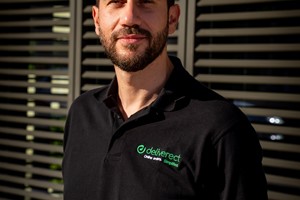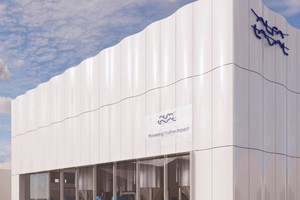Fonterra, the New Zealand-based dairy giant, has unveiled a significant shift in its strategic direction, underscoring its commitment to developing high-value dairy ingredients. As part of this strategic realignment, the company is considering full or partial divestment options for some or all of its global consumer business, as well as its integrated businesses, Fonterra Oceania and Fonterra Sri Lanka.
In a statement, Fonterra's Chairman Peter McBride highlighted the company's focus on its core operations. “We have conducted a strategic review which has reinforced the role of our core business. This is working alongside farmers to collect a sustainable supply of milk and efficiently manufacture products valued by customers, to deliver strong returns to farmer shareholders and unit holders,” McBride said.
CEO Miles Hurrell echoed this sentiment, emphasizing the potential for growth through a business-to-business (B2B) model. “We believe we can grow further value for the co-op by focusing on being a B2B dairy nutrition provider, working closely with customers through our high-performing ingredients and foodservice channels,” Hurrell stated.
Hurrell elaborated on the factors enabling this strategy, including strong relationships with farmers, a flexible manufacturing and supply chain footprint, deeper partnerships with strategic ingredients customers, further investment in the foodservice channel, continued commitment to sustainability, and ongoing investment in innovation.
Fonterra’s global consumer business encompasses a diverse portfolio of brands such as Anchor, Mainland, Kāpiti, Anlene, Anmum, Fernleaf, Western Star, and Perfect Italiano. Fonterra Oceania, a fully integrated business formed from the merger of Fonterra Brands New Zealand and Fonterra Australia, includes consumer, foodservice, and ingredients segments. Meanwhile, Fonterra Sri Lanka operates consumer and foodservice businesses.
The businesses under consideration for potential divestment utilized approximately 15% of Fonterra’s total milk solids and contributed around 19% of the group's operating earnings in the first half of FY24.
Hurrell noted the strategic benefits of a potential divestment. “A divestment of these assets would help create a simpler, higher-performing co-op with our focus on our core ingredients and foodservice businesses,” he explained. “While these are great businesses with recent strengthening in performance and potential for more, ownership of these businesses is not required to fulfil Fonterra’s core function of collecting, processing, and selling milk.”
Hurrell further added, “Due to our cooperative structure, we believe prioritising our ingredients and foodservice channels and releasing capital in our consumer and associated businesses would generate more value. At the same time, we believe Fonterra is not the highest-value owner of the consumer and associated businesses in the longer term, and a divestment could allow a new owner with the right expertise and resources to unlock their full potential.”
Fonterra has also received unsolicited interest in parts of these businesses, prompting the consideration of their ownership at this juncture. The divestment process is expected to take between 12 to 18 months.
foodbev.com




